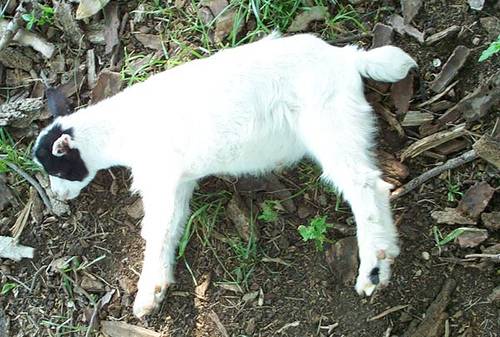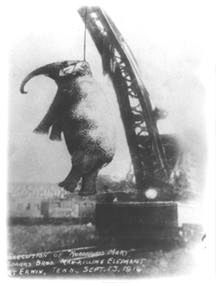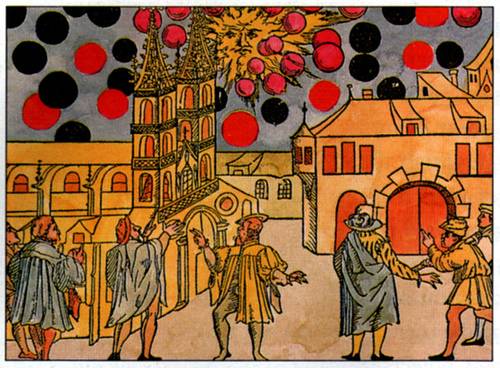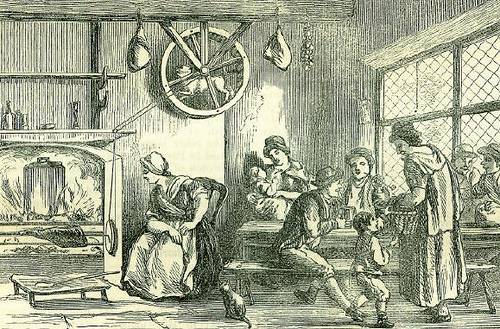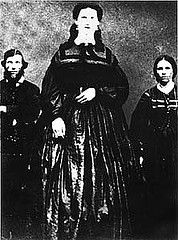
Born to normal parents in 1846, Anna Haining Swan had reached nearly her mother’s height by age 6. She topped out at 7 feet 5 inches, 350 pounds, shortly after signing up with P.T. Barnum, who paid her handsomely.
Like other “freaks,” Anna was cultured and educated. She studied literature, music and acting, even playing Lady Macbeth. Still, her size presented problems. She was nearly trapped by a fire at Barnum’s museum in 1865 because she couldn’t fit through a third-floor window. Eventually she was lowered by block and tackle, with 18 men holding the end of the rope.
Anna was fortunate in love, though. She met Martin Van Buren Bates when the two were paired for a tour, and they were married in 1871, towering over the priest, who was 6 foot 3. They retired to a custom house with 8-foot doors, where she bore two children, one of which weighed 22 pounds at birth (neither survived). She was buried in an oversize coffin in 1888.
At her full height, Anna was nearly five times as tall as Caroline Crachami (1815-1824), the smallest person in recorded history. Born with primordial dwarfism, Caroline was only 19.5 inches tall. Her skeleton is on display at Scotland’s Hunterian Museum, and her story is recorded in Gaby Wood’s wonderfully titled Smallest of All Persons Mentioned in the Records of Littleness.


